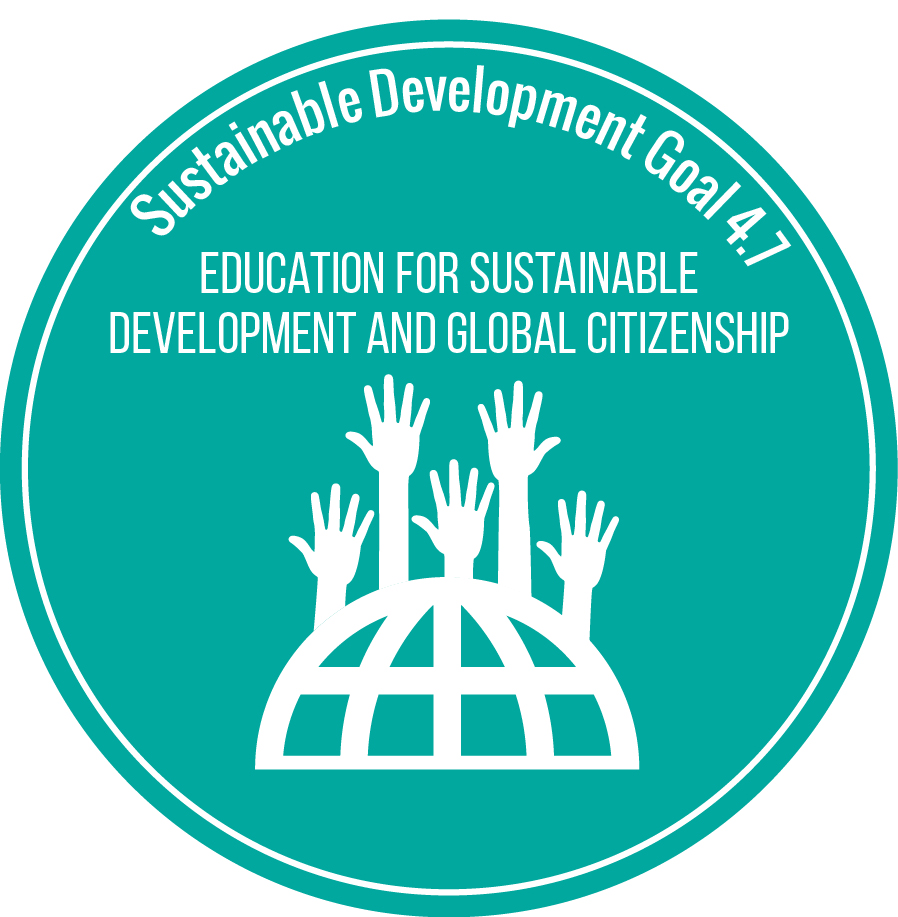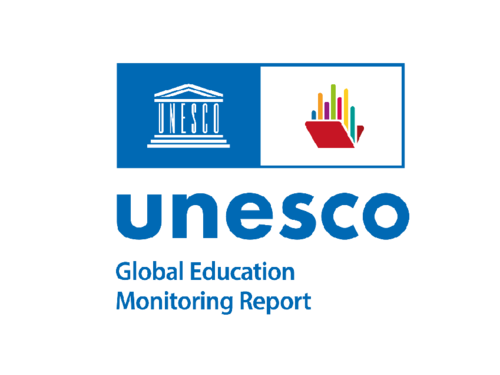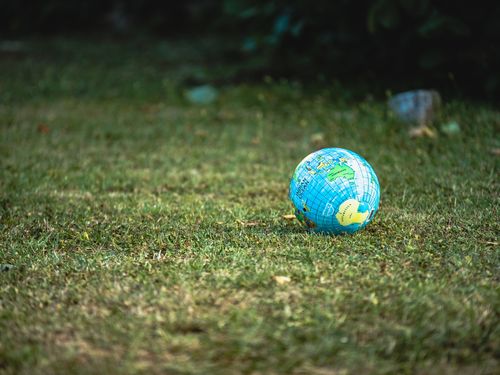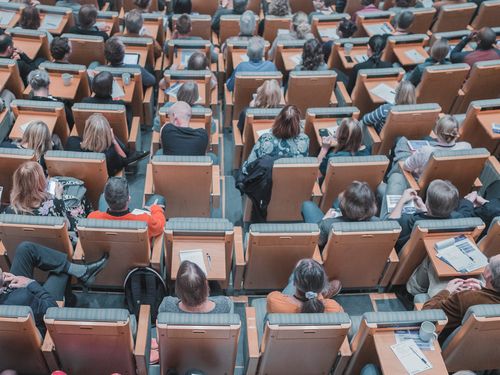Education for Sustainable Development (ESD) is one of the key topics of the 21st century. It provides all people with the opportunity to acquire the knowledge, values, and skills to make informed decisions and act responsibly to protect the environment, sustain the economy, and create a just society for current and future generations, whilst respecting cultural diversity.
UNESCO understands ESD to be a lifelong learning process which includes holistic and transformative education, taking learning content and outcomes, pedagogy, and the learning environment into account.
Against this background, UNESCO established the Global Action Programme on Education for Sustainable Development for the period 2015 to 2019, which built on the achievements of the Decade of Education for Sustainable Development.
The Global Action Programme made an important contribution to achieving the Sustainable Development Goals of the Agenda 2030, which the United Nations committed to in September 2015.
Target 4.7 of the Sustainable Development Goals (SDGs) states, "By 2030, ensure that all learners acquire the knowledge and skills necessary for sustainable development, including through education for sustainable development, sustainable lifestyles, human rights, gender equality, promotion of a culture of peace and non-violence, global citizenship education and appreciation of cultural diversity, and the contribution of culture to sustainable development."


![[Translate to EN:] [Translate to EN:]](/fileadmin/_processed_/9/6/csm_education_2030_logo-page-001_7a6aecad7b.jpg)




![[Translate to EN:] Publikationen zu Bildung 2030](/fileadmin/_processed_/8/a/csm_Publikationen3_af52a7496d.jpg)